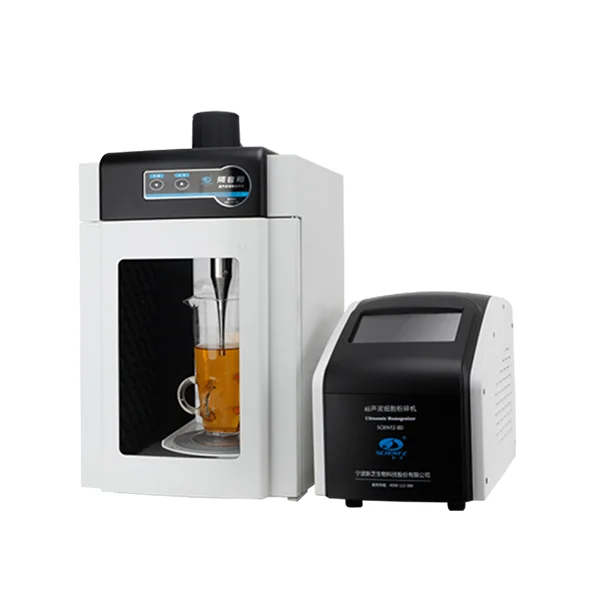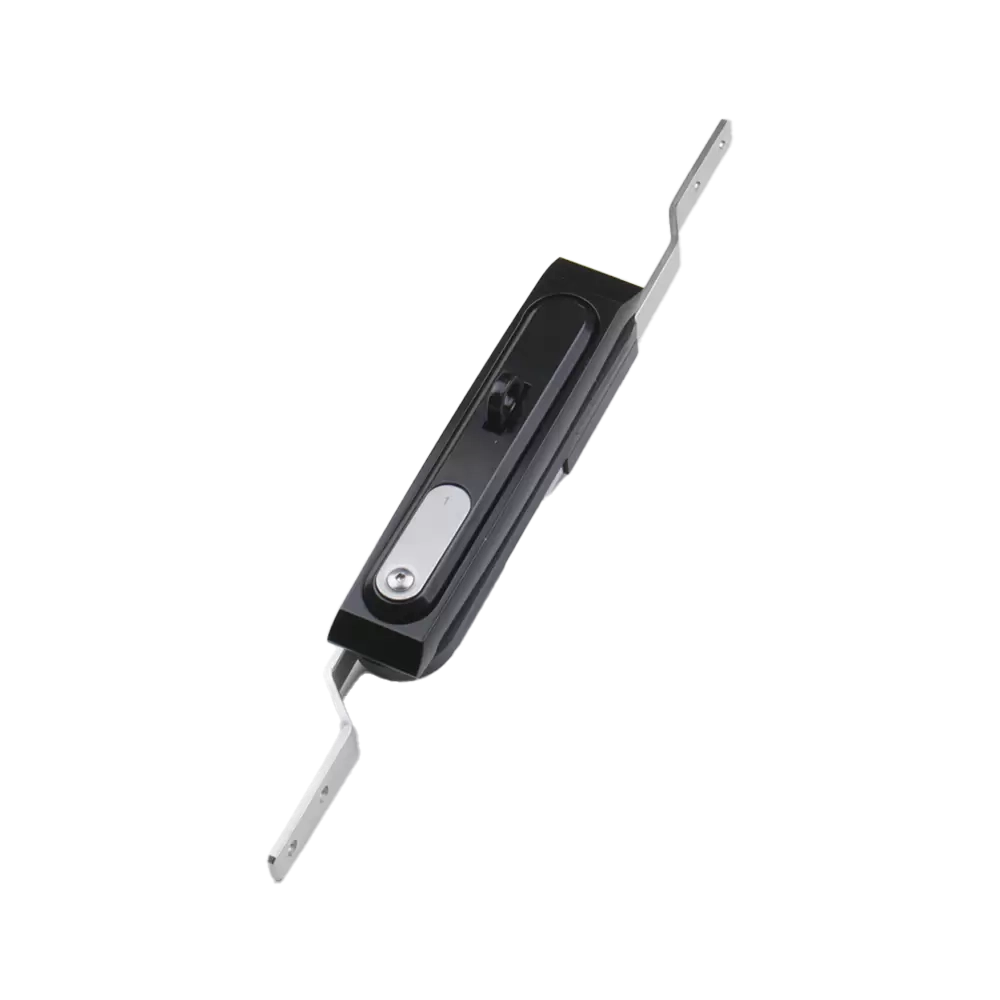Decoding the Signs: How to Determine if Your Engine is Repairable
As a vehicle owner, one of the most dreaded scenarios is a malfunctioning engine. The uncertainty of whether it can be repaired or if it's beyond salvation can be overwhelming. In this blog post, we will delve into the intricacies of engine diagnostics and provide you with a comprehensive guide on how to determine if your engine is repairable. By understanding the key indicators and following the right steps, you can make an informed decision about the fate of your engine.
- Conduct a Thorough Visual Inspection:
The first step in assessing the repairability of your engine is to conduct a visual inspection. Look for any visible signs of damage, such as leaks, cracks, or broken components. Pay close attention to the engine block, cylinder heads, and gaskets. If the damage is extensive or irreparable, it might be an indication that a replacement is necessary. - Perform Diagnostic Tests:
To gain a deeper understanding of your engine's condition, diagnostic tests are crucial. These tests can be conducted using specialized equipment and software, providing valuable insights into the internal workings of your engine. Some common diagnostic tests include:
a. Compression Test: This test measures the engine's compression levels, helping identify issues with piston rings, valves, or cylinder walls. Low compression levels may indicate the need for repairs.
b. Leak-down Test: By pressurizing the cylinders and monitoring the pressure drop, this test can pinpoint the source of leaks, such as worn piston rings or faulty valves.
c. Cylinder Leakage Test: Similar to the leak-down test, this test determines the extent of leakage within the cylinders, providing information on the overall health of the engine.
- Consult a Professional Mechanic:
While visual inspections and diagnostic tests can provide valuable information, it is essential to consult a professional mechanic for an expert opinion. A skilled mechanic can interpret the test results accurately and assess the repairability of your engine based on their experience and expertise. They can also provide you with alternative options, such as engine rebuilding or replacement, depending on the severity of the damage. - Consider the Cost-Benefit Analysis:
Repairing an engine can be a significant investment, and it is essential to consider the cost-benefit analysis before making a decision. Evaluate the estimated repair costs, the overall condition of your vehicle, and its remaining lifespan. If the repair costs outweigh the value of your vehicle or if other major components are also in poor condition, it might be more practical to consider replacing the engine or investing in a new vehicle altogether.
Conclusion:
Determining if your engine is repairable requires a systematic approach, combining visual inspections, diagnostic tests, professional opinions, and cost-benefit analysis. By following these steps, you can make an informed decision that aligns with your vehicle's needs and your budget. Remember, seeking professional advice is crucial in accurately assessing the repairability of your engine. Stay proactive in maintaining your engine's health to minimize the risk of major repairs in the future.


